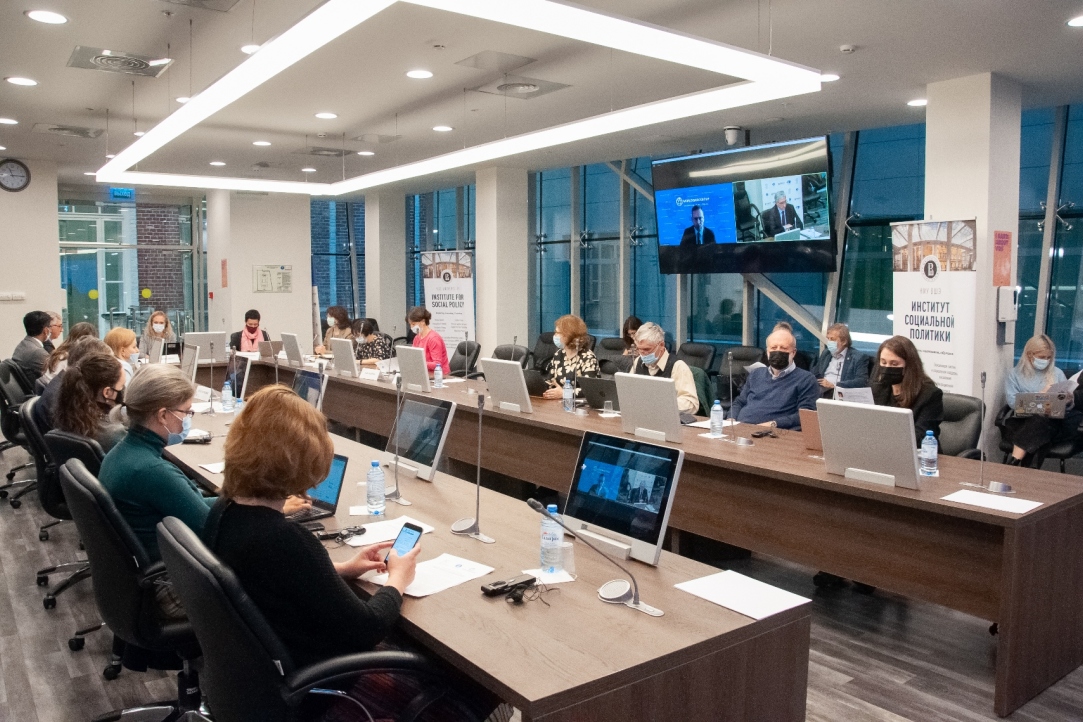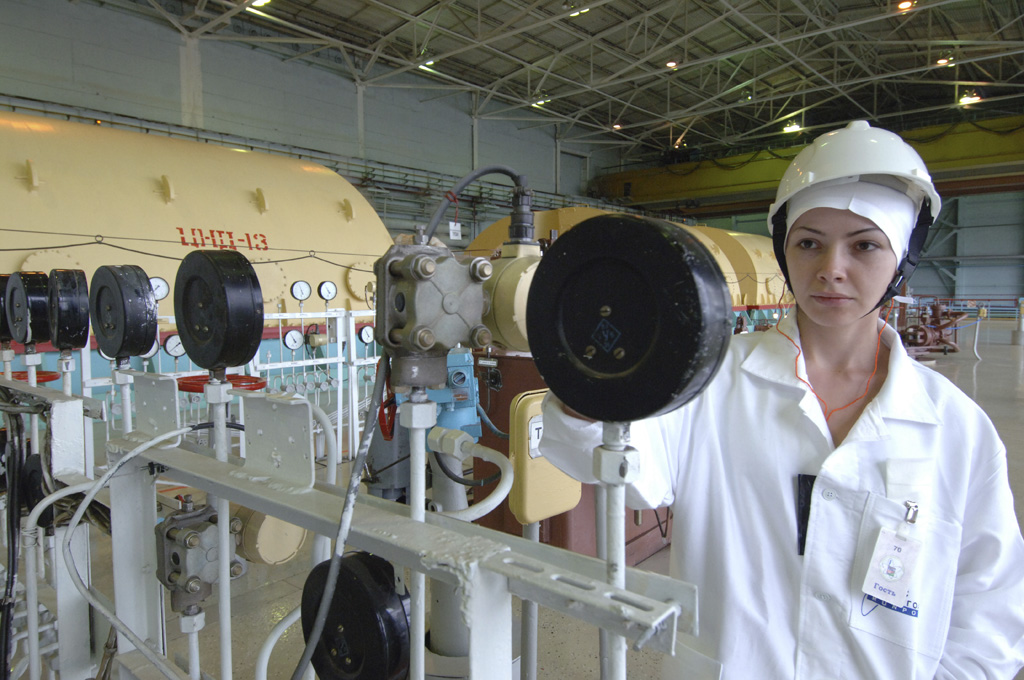
Customs, Career Choices and Self-discrimination: Why Women Earn Less
Experts from the World Bank and HSE University discussed the gender gap in salaries in different countries and the impact of socio-cultural, economic and behavioural factors on differences in earnings.

Education and Employment in ‘Hard’ Science Provide no Salary Advantages Compared to ‘Soft’ Science at Any Career Stage
HSE University economists question whether Russian STEM specialists are better paid than non-STEM specialists. They compare wages of professionals with STEM and no STEM majors, and those working in STEM and no STEM jobs and explore how the gap evolves over the life cycle. They find that there is no advantage of STEM major and STEM job over their no STEM alternative. They present their findings in a paper published in the Voprosy Ekonomiki journal.

Why Women in Russia Earn Less Than Men
On average, women in Russia earn 30-35% less than men. According to this indicator, Russia is ahead of many developed countries. The difference in earnings is primarily associated with the uneven distribution of men and women in different industries and professions, but economists cannot explain a significant portion of the discrepancy. Aleksey Oshchepkov, Assistant Professor of the Faculty of Economic Sciences at HSE University, came to these conclusions after analyzing research materials and survey data. The results are published in a chapter of the volume, Gendering Post-Soviet Space, recently published by Springer.
‘Cognitive Skills Are not Sufficient to Be Successful in Labour Market’
This September, HSE – St. Petersburg hosted the 3rd IZA/HSE University Workshop on Skills and Preferences and Labor Market Outcomes in Post-Transition and Emerging Economies. HSE News Service spoke with Professor Lehmann, co-organizer of the workshop, about human capital, the importance of cognitive and noncognitive skills, and the challenges empirical labour economists encounter when studying these issues in post-transition and emerging economies.
New Book By CLMS
The NRU HSE Publishing House presents the new book by the CLMS staff 'Mobility and Stability in the Russian Labour Market' edited by CLMS Director Vladimir Gimpelson and CLMS Deputy Director Rostislav Kapeliushnikov.

Higher Wage Expectations Can Bring Higher Wages
According to HSE researchers, the higher a job applicant's wage expectations, the more likely they are to earn a higher wage in their next job.

